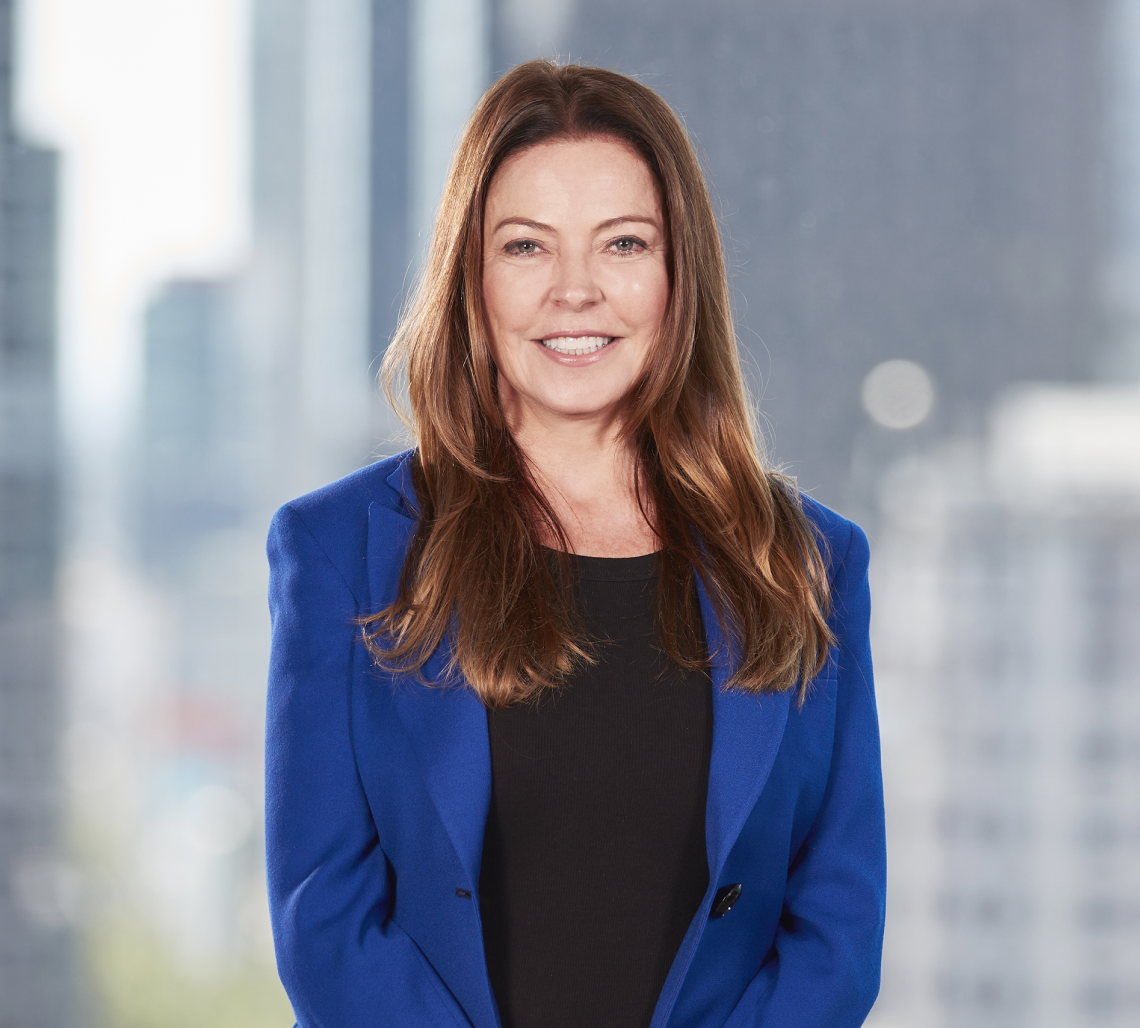
As the Chief Digital and Transformation Officer at Viva Energy, Amanda Fleming is responsible for the company’s IT teams: running, analysing and delivering digital solutions for the business. But, like many of the women in Viva Energy’s leadership team, Amanda wears many hats: she also runs the Shell Card business and the company’s customer service call centres.
Driven by ambition
It's an interesting career step, given that Amanda’s core discipline is Human Resources, and her previous role was Viva Energy’s Chief People Officer. “I’ve always pushed myself,” she explains. “I’ve always been driven, and I’ve always aspired to be a leader. It‘s an intrinsic part of who I am.”
Equity is also intrinsic to Amanda. As Chief People Officer, her team worked hard to get the conscious and unconscious bias out of Viva Energy’s people processes – the hiring, development and promotion of its employees.
Equity versus equality
“To me, embracing equity is about creating a fair and just society, where everyone has access to whatever resources and opportunities they need to thrive. While equality is about giving everyone the same resources, equity recognises that different people have different needs. It's about understanding and valuing the individual.”
Amanda is particularly passionate about unconscious biases within the IT industry. “The vast majority of code is written by men. Bias is prevalent, and that could be one reason why women don’t find the development functions of IT appealing. It’s something we need to look at when trying to attract women to traditionally male dominated roles, such as IT.”
Being herself
A self-proclaimed cheerleader for gender equity, Amanda is highly active in recruiting, mentoring, sponsoring and training women to succeed, and she has the full support of her employer. “Viva Energy enables and celebrates female characteristics. That means a woman is free to be a mother, an executive, a friend, a daughter – all the aspects of her unique personality and bring them to her work.”
But while she feels empowered to be herself, Amanda offers a word of caution. “I think many women overthink things. That can lead to serious self-doubt. So yes, bring your femininity, but also be aware of the situation and don’t let self-doubt take over.”
This was a lesson she learned as a graduate starting out in a manufacturing company. “I was told that the only way I’d be successful as a woman was if I behaved as a man. I decided to bring my feminine side to work and to not bring male characteristics. Today there’s greater value placed on female perspectives. Being female is my unique contribution.”
Working towards balance
The number of women working across Viva Energy’s national operations is far greater today than ever before, in the executive team but also at the refinery in traditional male roles.
“Half our society is women. From a leadership perspective, if you’re trying to make strategic decisions that reflect the wants and needs of your customers, you need that balance. Viva Energy has parity in our executive leadership team because, really, there is no other choice. And we’re striving for that balance across the entire business.”
The right questions
While excited by the future, Amanda acknowledges that there’s still a long way to go. She points out the lack of female CEOs in the ASX 200, and a recent survey that suggests it could take another hundred years to achieve equity.
“Change needs to be systemic. It needs to be driven by shareholders, by boards, and by CEOs themselves. They need to be asking questions: do we have enough diversity, the right representation, ethnicity, gender balance? Because if you do, great things can happen.”
She gives the example of Viva Energy offering full super for people on parental leave. “We were the first company in Australia to offer that, and it happened because our policy makers are women who truly understand the issue. Change must start at the top.”